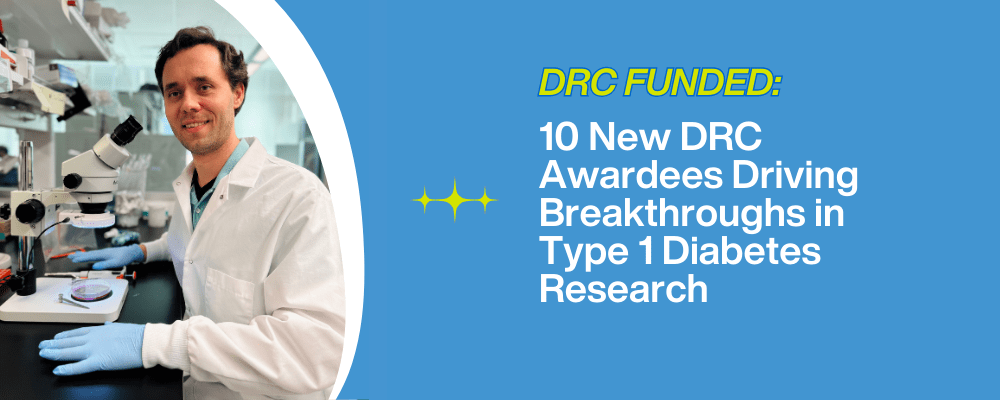*Please be advised that this is not an article stating that any type one diabetic’s diabetes can be reversed. In the case of this article, it is in reference to individuals with the STAT1 gene mutation*
Upon receiving a type 1 diabetes diagnosis, a common question comes to mind for many patients and families: is type 1 diabetes reversible? Until now, the answer has been no. Several treatment options can be used to effectively manage the disease and keep blood sugar levels in check, but no solution that supports long-term independence from insulin.
That could be changing for some patients through a precision medicine initiative.
Typically, treatments are designed for the average patient who fits a general profile of a disease. It tends to be a ‘one-size-fits-all’ approach. But with precision medicine, treatment is tailored to specific subgroups that don’t fit the ‘average’ mold. It takes into consideration differences in genetics, environment, and lifestyle.
A recent study found that there is the potential that type 1 diabetes is reversible, at least in some cases. A precision medicine initiative tailored treatment for a 17-year-old male who had both T1D and recurrent respiratory infections. Researchers found that the patient had a genetic mutation in the STAT1 gene. When STAT1 protein activity is elevated, it is known to contribute to autoimmune disorders and respiratory infections.
The patient was treated with ruxolitinib, a therapy that inhibits Jak/STAT signaling. After undergoing precision medicine treatment for a year using ruxolitinib, he no longer required daily insulin injections in order to control his blood sugar levels. His body was able to maintain normal levels on its own.
Since this is a single case and there is not yet any long-term data available regarding whether the treatment will continue to work, researchers cannot, however, definitively answer the question of “is type 1 diabetes reversible?” But at this moment, for this patient, the answer is yes.
According to Dr. Sophia Ebenezer, a lead author on the study and assistant professor of pediatric endocrinology at Baylor and Texas Children’s, “The patient no longer needs daily insulin injections and has shown full remission of other clinical signs of T1D along with marked improvements in his quality of life.”
This study opens doors to treating other patients with STAT1 gene mutations with ruxolitinib therapy in an effort to reverse type 1 diabetes. It also emphasizes the ability of precision medicine initiatives to revolutionize healthcare. No two patients are the same, and differentiation among treatment can impact outcomes for the better.
The Diabetes Research Connection, though not involved with this study, is committed to helping advance understanding and treatment of type 1 diabetes. Early-career scientists receive critical funding to support novel, peer-reviewed studies focused on the disease. Learn more about current projects and how to help by visiting http://localhost/drc.
Please DONATE NOW so DRC can keep bringing you credible, peer-reviewed T1D news and research.
Thank you




